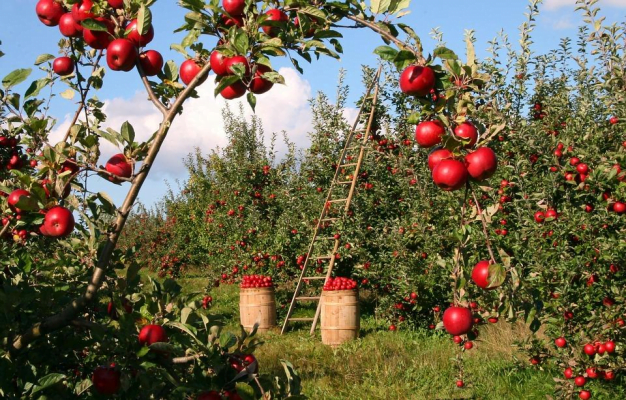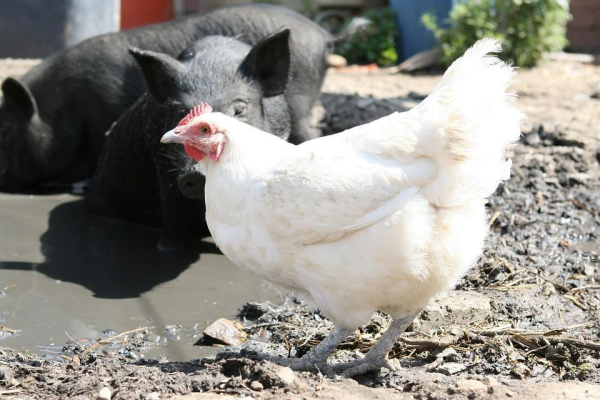Know Vegan
Does a Vegan Diet have a Positive impact on the Environment?
It’s common knowledge that our food choices strongly determine our health, but recently, awareness about the fact that the foods and beverages we produce, choose and consume significantly affect the environment has grown tremendously.
A study published by Nature, an international journal, showcased how food production is responsible for 25% of greenhouse gas emissions, and also greatly affects biodiversity.
A proven strategy to prevent environmental deterioration lies in the promotion of the consumption of plant-based food instead of animal food. In fact, a global shift to a plant-based diet can lead to a 10% and 70% reduction in mortality and greenhouse gas emissions respectively, by 2050.
After health, the environment is the second factor that inspires people to go vegan. With this, we have compiled a list of 4 positive impacts that veganism has on the environment.
4 POSITIVE IMPACTS OF A VEGAN DIET ON THE ENVIRONMENT
1. VEGANISM REDUCES POLLUTION
Animal wastes from the meat industry pollute the environment. This waste is washed away into the water sources. Animal waste contains nitrogen and phosphorus, both of which cause algae to grow on top of the water, thus, causing fish to die due to lack of oxygen.
Methane that is emitted from animal waste damages our ozone layer, which protects us from ultraviolet (UV) rays.
Air pollution is harmful for our respiratory health. Therefore, a shift to a plant-based diet will improve the quality of air and limit pollution.
2. VEGANISM STABILISES WATER LEVEL
Many nations in the world are suffering from water scarcity- though it is not as frequently discussed. A study was carried out to compare the water footprint of soy burgers and other eat-equivalent burgers. The results showed that the water footprint of soy burgers was 158 litres and that of beef burgers was 2,350 liters approximately.
Overfishing has interfered with the balance of the ocean’s biodiversity, which has created problems in the food chain.
Thus, a vegan diet will help not only stabilize but also conserve water.
3. VEGANISM PRESERVES SPECIES
Animal meat and dairy consumption leads to the loss of habitat and endangers certain species. Satellite data revealed that “every second, an area of a rainforest equal to the size of a football field is cleared to raise and slaughter animals,” which is three times the size required for a plant-based diet.
Animal agriculture also depletes the fertility of the soil, which is one of the main causes of deforestation.
Therefore, a vegan diet will help preserve habitats and species.
4. A PLANT-BASED DIET REDUCES ENERGY CONSUMPTION
Raising livestock costs a lot of energy. This is because animals consume a lot of food cultivated on the land that could have otherwise been used for other purposes.
Moreover, first meat is slaughtered, then shipped, and then refrigerated, meaning there is a long time stretch between the time it was slaughtered to refrigeration. All this causes a lot of energy consumption.
CONCLUSION
If you have started a plant-based diet and even if you are not strictly vegan yet; please pat yourself on the back! You are doing a great job in helping the environment.
If you cut out meat once or twice a week, you will be able to make a positive impact in the grim situation.




